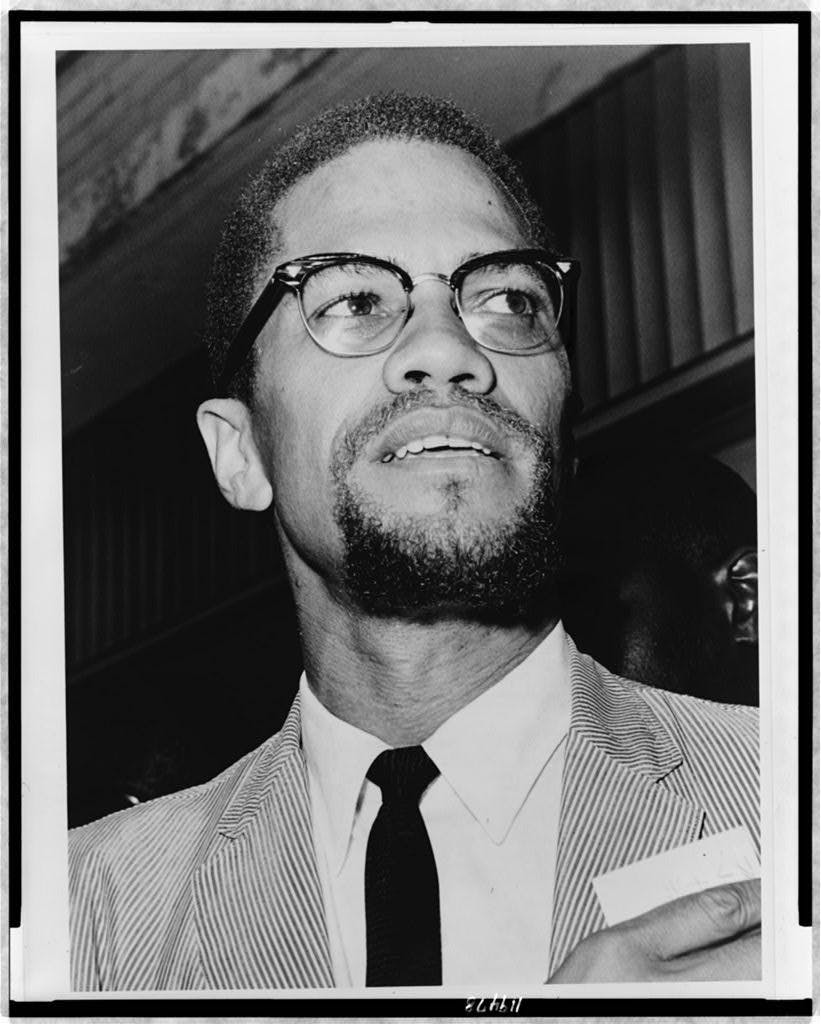When local history often gets lost in the textbooks, it’s important to call to mind the icons who walked the same streets we do every day, including Malcolm X, one of the most prominent figures of the civil rights movement.
Malcolm X grew up in Lansing. Arts and humanities professor John Aerni-Flessner focused his curriculum on Malcolm X and his time in Lansing within his teachings at MSU.
Born in Omaha, Nebraska, Malcolm X and his family relocated many times due to his parents' activism, according to Aerni-Flessner.
Even in his early upbringing, Malcolm X and his family faced severe discrimination for residing in Lansing neighborhoods that were predominantly white. Aerni-Flessner said a portion of Malcolm X's time in Lansing was rather traumatic due to racial prejudice.
"The family was hounded out of a house that they bought in the Westmont neighborhood because it was whites only," he said. "There was a restrictive covenant on the deed of the property, so there was a court case that was ongoing, that would have led to the family's eviction, but prior to that someone burned down the family house. Malcolm and his family had to escape their burning house."
Malcolm X's family had a history of relocation because of his parent’s activism and the racism that erupted in Lansing at the time.
After his father's death, Malcolm X had hefty responsibilities early in his life, said Aerni-Flessner.
“His father died under suspicious circumstances in 1931," he said. "It's unclear who may have killed him. It was likely not suicide as the insurance claims to refuse to pay out to the family. In the 1930's, after the death of his father, their mother was taken away to the state asylum down in Kalamazoo, basically leaving the family in charge of his two older siblings. That's when Malcolm ended up in the foster system."
As Malcolm X went on to be a major face of the civil rights movement, his Lansing roots continued to be an important factor in his timeline. He was married in the city in 1958, according to Aerni-Flessner.
He said that in his younger years, Malcolm X worked various jobs at establishments that still stand in modern day: including Coral Gables on East Grand River Avenue.
Aerni-Flessner said many other historical landmarks of Malcolm X's Lansing upbringing are no longer standing.
"All of the family houses are gone, many of the schools where he attended are either gone or repurposed. His elementary school is about to be demolished in South Lansing — Pleasant Grove Elementary. It's been vacant for many years and there have been failed redevelopment attempts," he said.
Malcolm X left Lansing in his teenage years and traveled to the northeastern side of the country, finding work in concessions within the train system. He joined the Nation of Islam and focused on his ministry for equal rights in America. He went on to be a global figure for equality.
He was known for his public speaking and empowerment of others. He emphasized the need for change in America, advocating for African Americans in the face of oppression, following in his parents' footsteps. Lansing was not only the place where he got married, but also a place he would visit recurrently to see his relatives.
Jan. 23, 1963, Malcolm X came back to the area for another reason: speaking to MSU students about racial prejudice in his “The Race Problem in America speech” at the Erickson Kiva building in MSU's campus.
Support student media!
Please consider donating to The State News and help fund the future of journalism.
Discussion
Share and discuss “MSU historian talks Malcolm X's Lansing years” on social media.






